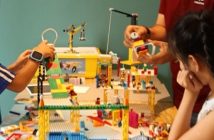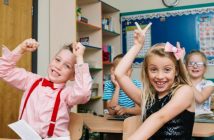More than a year after Covid-19 initially closed schools in Beijing, what can we say about online learning that hasn’t already been covered? The answer, according to school leaders at October’s Jing International School Expo panel, is empathy, flexibility, and a multi-pronged approach that looks at all stakeholders in the school community: students, parents, and staff.
The lecture, centered on the challenge of combining offline and online learning, brought out frank discussion on how the experience affected the emotional life of school communities. Our guest speakers expressed care and concern for their students, parents, and staff that went far beyond their slide decks.

BSB Shunyi: Evolution, Synergy
British School of Beijing Shunyi’s Principal Richard Thornhill started us off in good humor, recalling that when he first started teaching, “technology” was considered a weekly lesson on how to write on a chalkboard.
In January 2020, Thornhill was on holiday outside of China when he first got word that schools were closing due to Covid-19. BSB staff from around the world had to put together a plan for online schooling in 48 hours flat. It was rudimentary and adjustments were quickly made based on feedback.
At first, some parents wanted teachers to replicate an in-person classroom experience – a virtual impossibility. Teachers and administrators were on double (if not triple) duty: not only walking teachers and students through the re-designed curriculum but shepherding their parents as well. Thornhill was happy to report the entire experience forged a “far greater synergy between teachers and parents.”
The resulting process accelerated the school’s digitization and ushered in changes that are likely to remain well past the Covid-19 era. For example, many parents found the convenience of online parent/teacher meetings preferable to making time and fighting traffic to make it to school in person during the workday.
Adjusting to online learning tended to be tougher for younger grades but easier for older students, Thornhill said. In fact, some older students found that breaking out of the normal school routine allowed them to make progress at a brisker pace – and this progress was reflected in their IB scores, which schoolwide have never been higher.
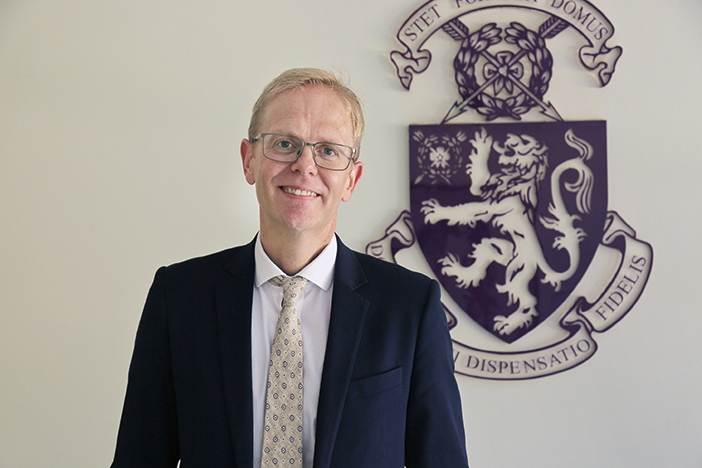
Harrow Beijing: Values, Well-Being
John Barker, Deputy Head of Harrow Beijing, made it through the pandemic by consistently returning to the values and vision of the school, and keeping in mind the quote from educator John Hattie that “What we do matters, not the medium of doing it.”
Dealing with a wide spectrum of differing opinions as well as different technology environments was a challenge for the school, he said.
For instance, would a student that only has a smartphone and no laptop at home be able to properly access their lessons? How does a school provide enough virtual teaching while keeping in mind the desire to limit children’s’ overall screen time?
Throughout the experience, Harrow’s teachers stayed student-centered, putting the social, physical, and emotional well-being of their families first, Barker said.
Keeping teachers centered emotionally was important as well. Like their students, teachers were isolated at home, so the school made sure teachers stayed connected to one another online, keeping them engaged.
Now that school is back in session and the majority of teachers and students have returned, Barker is not eager to see a return to the days of all online schooling. He nearly teared up as he described the feeling of once again hearing laughter, learning, and those joyful moments between classroom times when students met in school hallways. Though they’ve learned a lot about teaching online, he still attests that there is nothing better than being in the classroom.
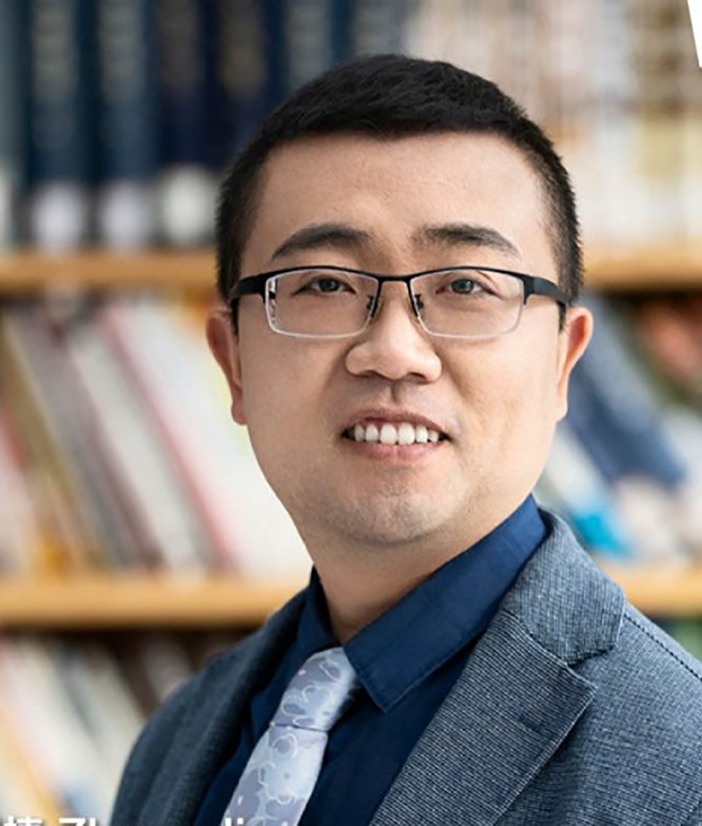
Beijing New Talent Academy: Holistic, Abundant
Zhang Jie, Principal of Cambridge International Centre, Beijing New Talent Academy told the crowd of his school’s approach, which was to be scientific, holistic, abundant, and well planned.
Zhang recognized how different parents have different needs and reported how parents even received instruction to be a positive presence in class with their children, resulting in better learning environments for all. The school had literally tens of thousands of online interactions with parents, all working towards the common goal of making their online learning experience the best it could be.
As an example, Zhang showed how many activities and lessons were offered online for their younger students, but admitted that it was a difficult task given the lack of face-to-face feedback.
The creativity of their teachers, however, shined during the online period. Students recorded special times in colorful handbooks, enjoyed activities like afternoon tea together “in the cloud,” and also researched what life was like 100 years ago in the 1920s. They even created a virtual kindergarten graduation ceremony so that it would be memorable for the younger children.
Our Jing International School Expo (JISE) panel showed how important it is to stay focused on emotions as well as academics in a virtual setting, and how dedicated schools are to nurturing the well-being of their communities. The way that online learning looks may not be exactly the way that parents think a classroom “should” look, but with enhanced communications between schools and parents, the common goals of building character alongside academics can be achieved.
KEEP READING: Three Online Learning Platforms for Improving Your Mandarin
Images: courtesy of schools, pexels
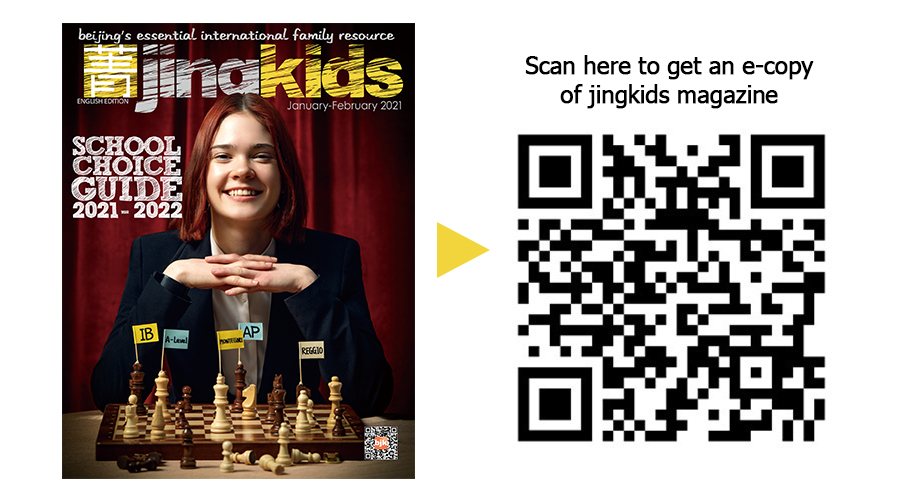 This article appeared in the jingkids 2021 January issue
This article appeared in the jingkids 2021 January issue


